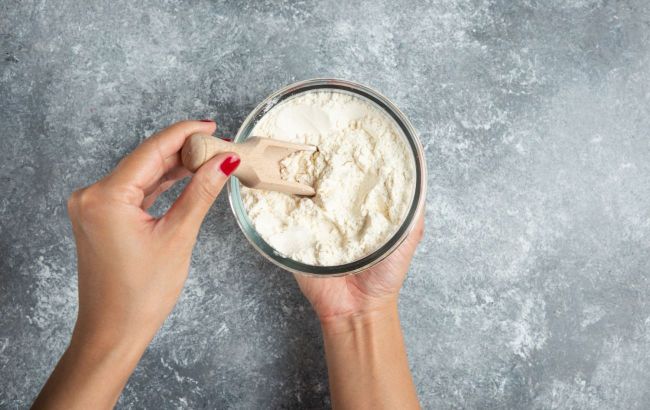Creatine vs protein: Ultimate guide to recovery and energy
 The main difference between creatine and protein (photo: Freepik)
The main difference between creatine and protein (photo: Freepik)
Creatine and protein are two of the most popular supplements among athletes for gaining body mass. Verywell Health explains which supplement is more effective for muscle recovery and maintaining energy.
Difference between creatine and protein
Creatine
According to UpToDate, creatine is a naturally occurring compound made from the amino acids arginine, glycine, and methionine. The body can produce creatine from amino acids and can also absorb it from certain foods. Its main function is to provide energy to the muscles.
The benefits of creatine include:
- It can increase and maintain muscle mass during strength training
- Faster recovery after intense physical activity
- Improved performance in high-intensity workouts
- Increased strength, with supplements potentially boosting bench press strength by about 5%
Some people may not respond to creatine supplements. This may be because some individuals naturally have higher baseline levels of creatine in their muscles.
According to MDPI, food sources of creatine include:
- Beef
- Chicken
- Fish
- Pork
The body produces about 1 gram of creatine per day. Creatine supplements can increase the amount stored in the muscles.
Protein
Protein is a nutrient made up of amino acids that also provides calories. Protein is found in every cell of the human body, which is why it is often referred to as the building block of life.
Protein is also essential for proper muscle growth, tissue repair, and overall bodily functions. Its benefits include:
- Limiting muscle loss. It reduces the muscle loss associated with aging, weight loss, and decreased physical fitness
- Supporting muscle growth during strength training. Protein can increase strength and muscle mass
- Faster recovery after workouts. Protein can reduce muscle damage, and when combined with carbohydrates, it can replenish glycogen stores
- Weight management. Protein helps you feel full and reduces ghrelin, the hunger hormone, which can decrease appetite and support weight loss
According to MedlinePlus, food sources of protein include:
- Beans
- Beef
- Chicken
- Eggs
- Fish
- Milk
- Pork
- Protein powders
- Shrimp
- Tofu
Which is better for workout performance
According to SageJournals, creatine can help improve performance during high-intensity exercises such as sprints, weightlifting, and interval training. It aids recovery between sets and may reduce fatigue.
Protein is necessary for anyone who exercises. While it does not provide energy directly, it allows muscles to recover and grow after training.
Combining both creatine and protein can provide the best results, helping improve endurance, increase strength, and build muscle mass.
Side effects
Common side effects of creatine include:
- Gastrointestinal issues such as bloating, cramps, diarrhea, and nausea, especially at high doses
- Water retention and weight gain, which are usually temporary and more common with high doses
- Muscle cramps caused by dehydration during intense physical activity
Protein is an essential part of a healthy diet, but consuming too much through food or supplements over time may lead to complications, including:
- Gastrointestinal problems
- Kidney stones
- Increased risk of kidney damage
- Higher risk of heart disease
Earlier, we revealed what doctors said about a popular dietary trend that seriously harms health.
This material is for informational purposes only and should not be used for medical diagnosis or self-treatment. Our goal is to provide readers with accurate information about symptoms, causes, and methods of detecting diseases. RBС-Ukraine is not responsible for any diagnoses that readers may make based on materials from the resource. We do not recommend self-treatment and advise consulting a doctor in case of any health concerns.

